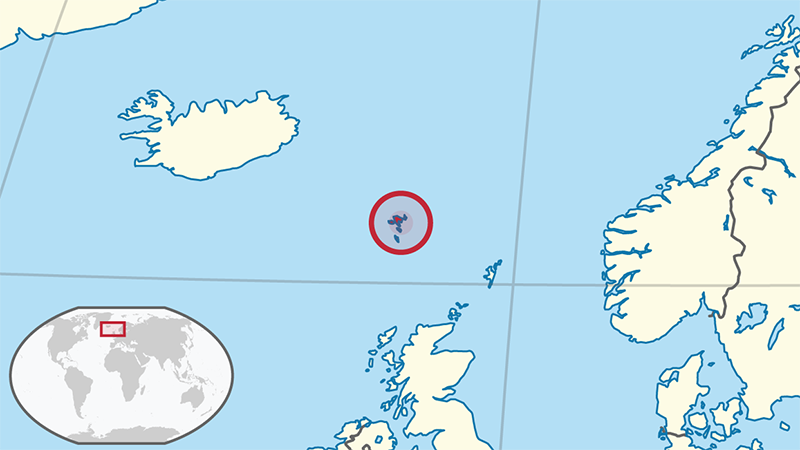
- Population:
- 55,400
- Religion:
- Christianity
The Faroe Islands were settled by Norsemen in the Viking Age and later became part of Denmark. They have remained self-governing within the Danish Kingdom, with an economy based on fishing, aquaculture, and renewable energy.
The Faroe Islands are an autonomous territory within the Kingdom of Denmark, located in the North Atlantic Ocean, roughly midway between Iceland and Norway. The archipelago consists of 18 major islands, covering a total area of approximately 1,400 square kilometers, with a population of around 53,000 people as of 2023. The capital and largest city is Tórshavn. The official languages are Faroese and Danish. The Faroe Islands have their own government and parliament, responsible for most domestic affairs, while Denmark oversees defense and foreign policy. The economy is primarily based on fisheries, aquaculture, and related industries, with emerging sectors in tourism and renewable energy. The Faroe Islands are not part of the European Union, allowing them to negotiate their own trade agreements. The culture is rich in Norse heritage, with traditional music, art, and literature playing significant roles in Faroese society.





